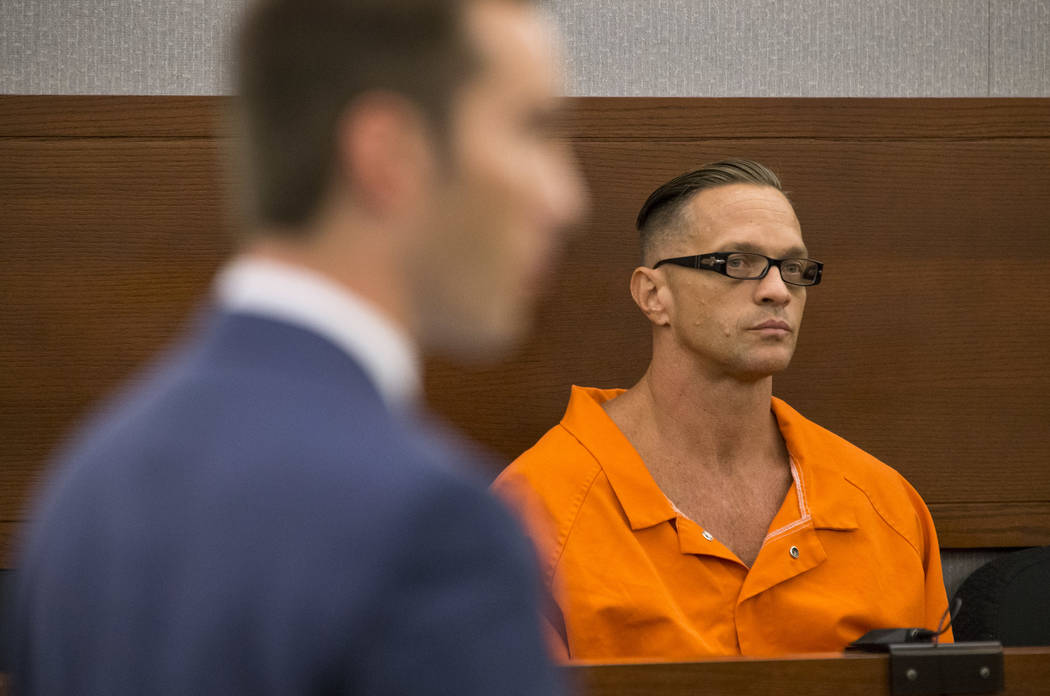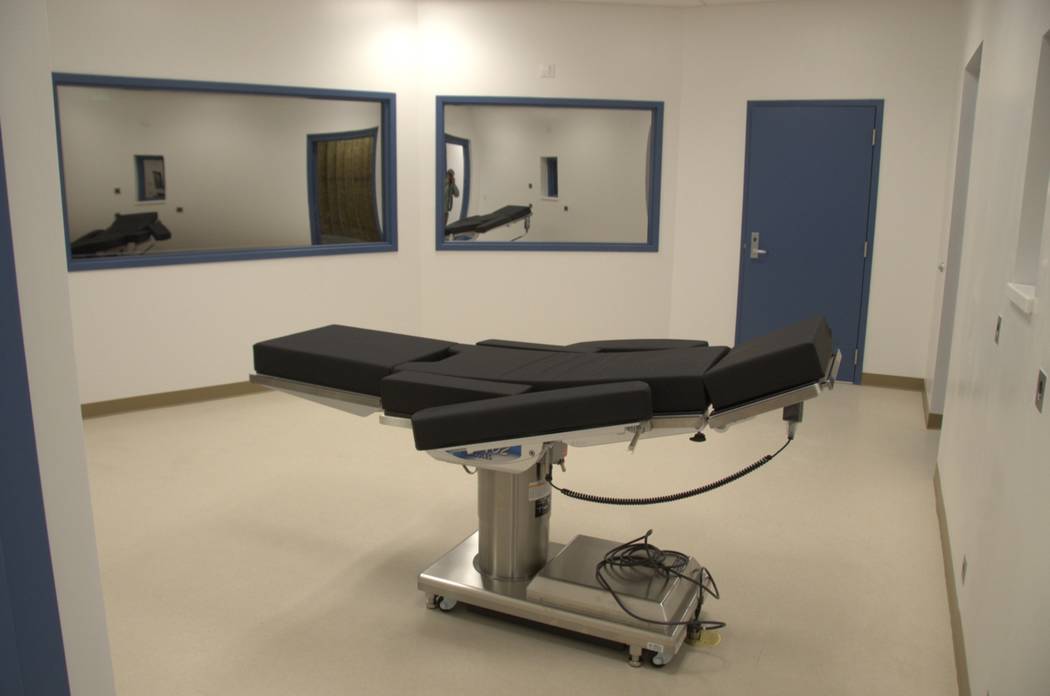Nevada execution case won’t need doctor’s name
The Nevada Department of Corrections will not have to turn over the name of a physician who had been scheduled to oversee the execution of Scott Dozier, despite a court ruling last week.
Lawyers for the makers of drugs planned for use in the prison system’s lethal injection cocktail agreed that they did not need the doctor’s name, after a Nevada Supreme Court order was handed down Sept. 4.
But the drugmakers’ lawyers also told District Judge Elizabeth Gonzalez that prison director James Dzurenda recently said that revealing the attending physician’s name would be “ruinous to the doctor’s reputation.” The attorneys have argued that their companies would suffer irreparable harm if their drugs were used in an execution.
“We do intend to argue, strongly, that the state’s own recognition of having your name associated with capital punishment is harmful to reputation,” said attorney Todd Bice, who represents Alvogen Inc., maker of the sedative midazolam.
Dzurenda is scheduled to testify in Gonzalez’s courtroom on Tuesday as the first of a series of witnesses in a three-day hearing to determine whether the judge should stop the use of midazolam, the painkiller fentanyl and the paralytic cisatracurium in the state’s execution protocol.
Dozier’s execution was halted in July for the second time after Alvogen sued the prison system.
The prisoner, who waived his appeals in late 2016, was sentenced to die in 2007 after first-degree murder and robbery convictions in the slaying of Jeremiah Miller. Dozier also had a murder conviction in the Arizona slaying of Jasen “Griffin” Greene before he was brought to Nevada to face charges in Miller’s death.
Dozier would be the first prisoner executed in Nevada since 2006.

















